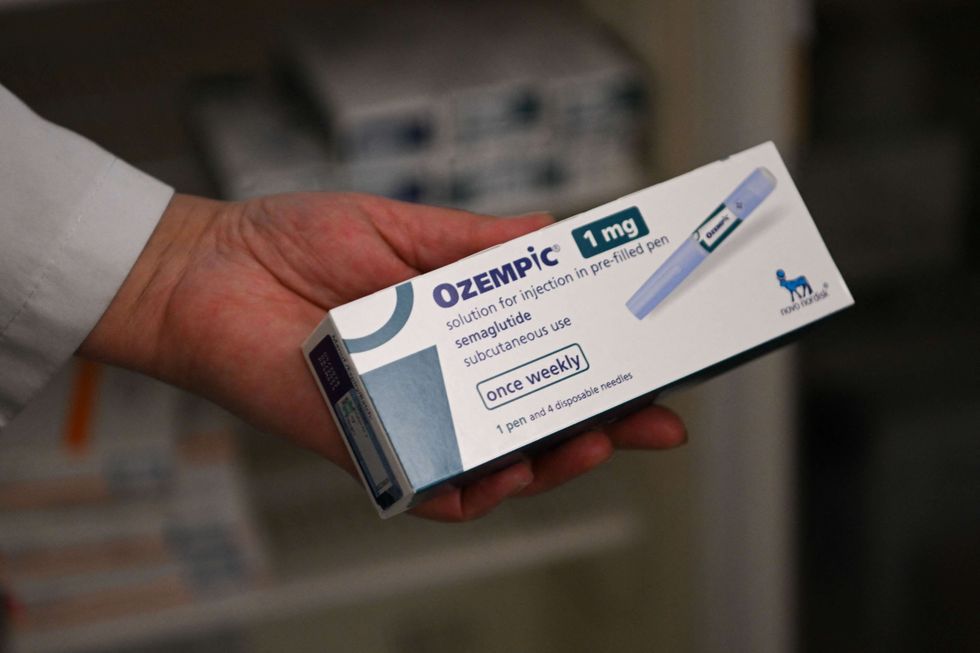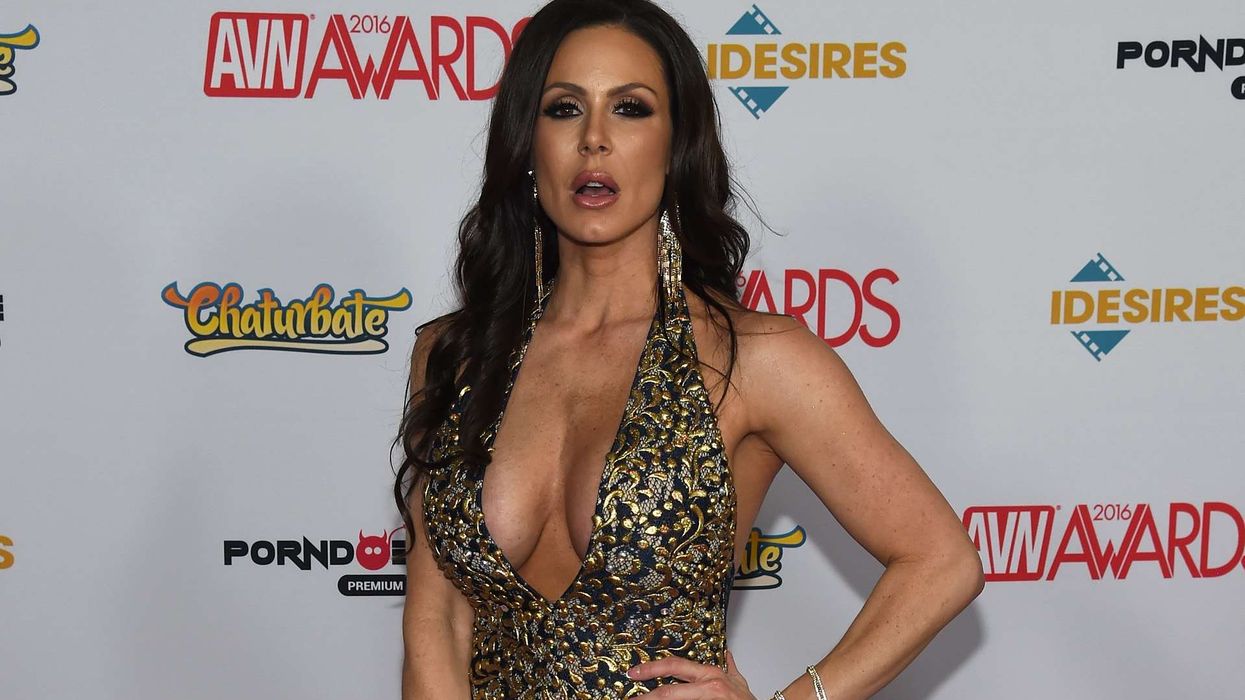ETHNIC minority groups are the least likely to want the coronavirus vaccine, a new poll has revealed.
A little more than half (57 per cent) of respondents from black, Asian and minority ethnic (BAME) backgrounds were likely to accept a vaccine, compared to 79 per cent of white respondents, according to the study commissioned by the Royal Society for Public Health (RSPH).
Confidence was found to be lowest among respondents of Asian ethnicity, with 55 per cent likely to agree to take the jab. It follows research from earlier this year which found parents in minority ethnic groups were almost three times more likely to reject immunisation for themselves and their children compared to white parents.
Dr Chaand Nagpaul, council chair for the British Medical Association (BMA), said it was “vital” that those who are most at risk from the effects of Covid-19 were vaccinated to save lives”. “Asians are more likely to die from Covid-19 compared with white people, and it would be deeply concerning if they did not get vaccinated to protect themselves,” he told Eastern Eye.
Data from the Office for National Statistics (ONS) said people from black and south Asian ethnic groups were found to have an increased risk of death from coronavirus compared to those from white backgrounds.
Dr Nagpaul added: “Throughout the pandemic, some communities who already had low trust in the government and experienced challenges accessing health services, had this confidence undermined
further due to inadequate support and guidance as they, their friends and families were hit hardest by the virus.”
Dr Kailash Chand, honorary vice-president of the BMA, agreed that ethnic minorities were reluctant to take the vaccine due to a general distrust of the government. “I know from experience of existing vaccination programmes (for other diseases) that uptake is lower in some minority ethnic communities,” he told Eastern Eye on Tuesday (15). He added: “Ethnic minority communities are on edge because they already don’t necessarily think the pandemic has been handled particularly well for BAME people.”
The doctor, based in Greater Manchester, blamed additional factors including a lack of awareness and reliance on fake news.
According to research by King’s College London and Ipsos MORI last weekend, one in three people in the UK claim that they have seen or heard messages discouraging the public from getting a coronavirus vaccine. The study found that social media platforms, including Facebook, are being used to amplify messages from anti-vaxxers.
One pharmacist told Eastern Eye his 80-year-old father was refusing to take the vaccine because of anti-vaccine messages he had seen on WhatsApp. Dr Samara Afzal, a GP based in the West Midlands, said she had seen numerous anti-vaccine conspiracy theories circulating on social media, including WhatsApp, in recent months.
Some questioned the speed at which the vaccine was developed and is now being administered across UK hospitals, while others falsely believed that Covid-19 was “a man-made virus”. “To be honest, I am disappointed. We know ethnic minority members of the community are more likely to have serious consequences from Covid, so I thought that would have drilled home by now,” Dr Afzal told Eastern Eye.
She said some of her patients asked her whether or not the vaccine was safe, and if she herself would have the vaccine. “I probably will have it done, just to encourage more south Asians to have it, particularly because they are vulnerable,” she explained.
Dr Nagpaul said the RSPH poll underlined the urgent need for culturally competent public health communications. The BMA chair said information should be co-created and delivered by local ethnic minority leaders, so that it was trusted and relevant to local communities. “This is something the BMA has consistently called for throughout the pandemic,” he said. “We must focus on clear information, challenging misinformation and reassuring people of safety, and delivered in a way that is tailored to local communities, reflecting the reality of their day-to-day lives.”
Echoing his view, Dr Chand also urged for a targeted and tailor-made campaign to be implemented across the country. “(We need it to) address all queries that communities have from reliable sources of information that the community trusts,” he said.
Jabeer Butt, chief executive of the Race Equality Foundation, shared the same recommendation, expressing his concern that the vaccine would not reach communities who had been disproportionately impacted. “It is imperative that the NHS uses trusted channels like BAME-led voluntary organisations to reach and address concerns of BAME communities and ensure that the disproportionate impact of Covid is not exacerbated,” Butt said.
The RSPH research also found that men were more likely to get the jab than women, while Londoners were the highest proportion of people (14 per cent) to say they were “very unlikely” to get the vaccine. The region with the lowest proportion was the East Midlands, at just three per cent.
Christina Marriott, the chief executive of RSPH, said: “It is highly concerning that both those living in poorer areas and those from minority ethnic communities are less likely to want the vaccine. However, it is not surprising. We have known for years that different communities have different levels of satisfaction in the NHS and more recently we have seen anti-vaccination messages have been specifically targeted at different groups, including ethnic or religious communities.
“But these are exactly the groups which have suffered most through Covid. They continue to be most at risk of getting ill and most at risk of dying. So the government, the NHS and local public health must rapidly and proactively work with these communities. And their most effective ways of working will be with the local community groups.”
Polling was conducted by Yonder between December 4 and 6, on a representative online sample of 2,076 UK adults.





 Novo Nordisk launches Ozempic in India as diabetes cases climb Getty Images
Novo Nordisk launches Ozempic in India as diabetes cases climb Getty Images  Ozempic weekly pens now available in India for type 2 diabetesiStock
Ozempic weekly pens now available in India for type 2 diabetesiStock  India gets Ozempic as obesity and diabetes numbers riseiStock
India gets Ozempic as obesity and diabetes numbers riseiStock  Doctors say Ozempic helps blood sugar and weight management in adultsiStock
Doctors say Ozempic helps blood sugar and weight management in adultsiStock





